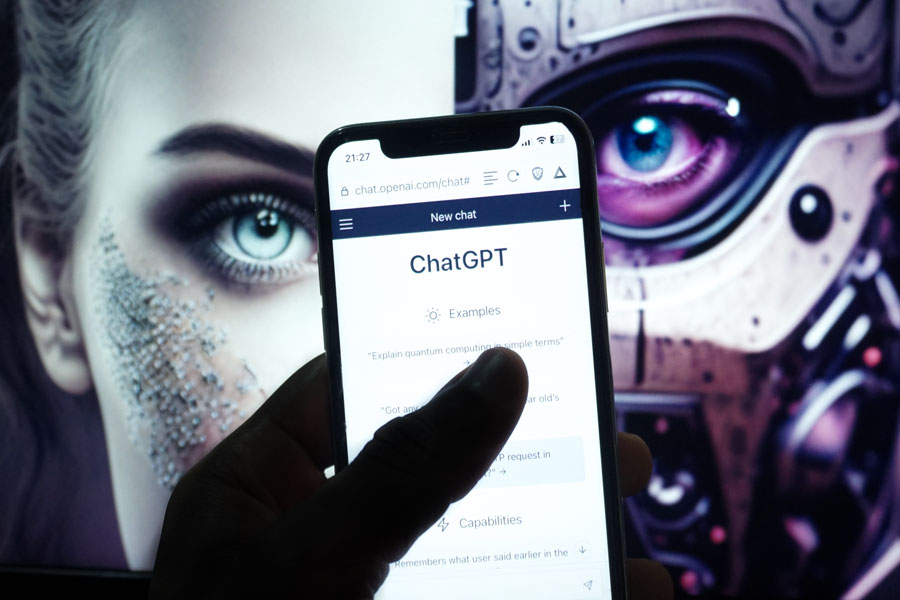
SAN FRANCISCO, CA – OpenAI recently introduced its latest text-to-video model called Sora. This innovative technology has the capability to generate videos up to one minute long based on any prompt given by the user in a text box. Although Sora is not yet available to the public, the announcement has sparked a wave of reactions online.
The AI community has been quick to brainstorm ideas about the potential applications of this new technology. However, some people have expressed concerns about its accessibility, fearing that it may lead to job displacement and the spread of digital disinformation.
To showcase the capabilities of Sora, OpenAI CEO Sam Altman requested prompt ideas from users and generated a series of videos. These included videos of cyclists in water, a cooking tutorial, and even dogs podcasting on a mountain.
In an email, a spokesperson for OpenAI stated that the company does not plan to make this model widely available in their products in the near future. Instead, they are sharing their research progress to receive early feedback from the AI community.
OpenAI, known for its popular chatbot ChatGPT and text-to-image generator DALL-E, is at the forefront of the generative AI revolution that started in 2022. In a blog post, the company mentioned that Sora can accurately generate multiple characters and simulate different types of motion.
However, the model may struggle to capture the physics and spatial details of more complex scenes. This can result in generating illogical content, morphing subjects unnaturally, or even making them disappear. OpenAI acknowledged these limitations in their blog post.
Despite these limitations, the demonstrations shared by OpenAI showcased hyper-realistic visuals that could easily be mistaken for real-life footage. This has raised concerns about the increasing prevalence of deepfakes, which are manipulated media portraying individuals in ways that never occurred.
To address the ethical and safety implications of widespread access to high-quality AI-generated videos, the Federal Trade Commission has proposed rules to make it illegal to create AI impressions of real people. These rules aim to protect individuals from impersonation fraud and the harms caused by deepfakes.
OpenAI recognizes the potential for misuse of its technology and is actively working on building tools to detect videos generated by Sora. If the model is made available for public use, OpenAI plans to embed metadata in the content to mark its origin. The company is also collaborating with experts to test Sora for potential harm related to misinformation, hateful content, and bias.
OpenAI intends to publish a system card that describes the safety evaluations, risks, and limitations of Sora. They believe that learning from real-world use is crucial in creating and releasing increasingly safe AI systems over time.
While the introduction of Sora represents a significant advancement in text-to-video technology, it also highlights the need for responsible use and safeguards to prevent potential misuse.


